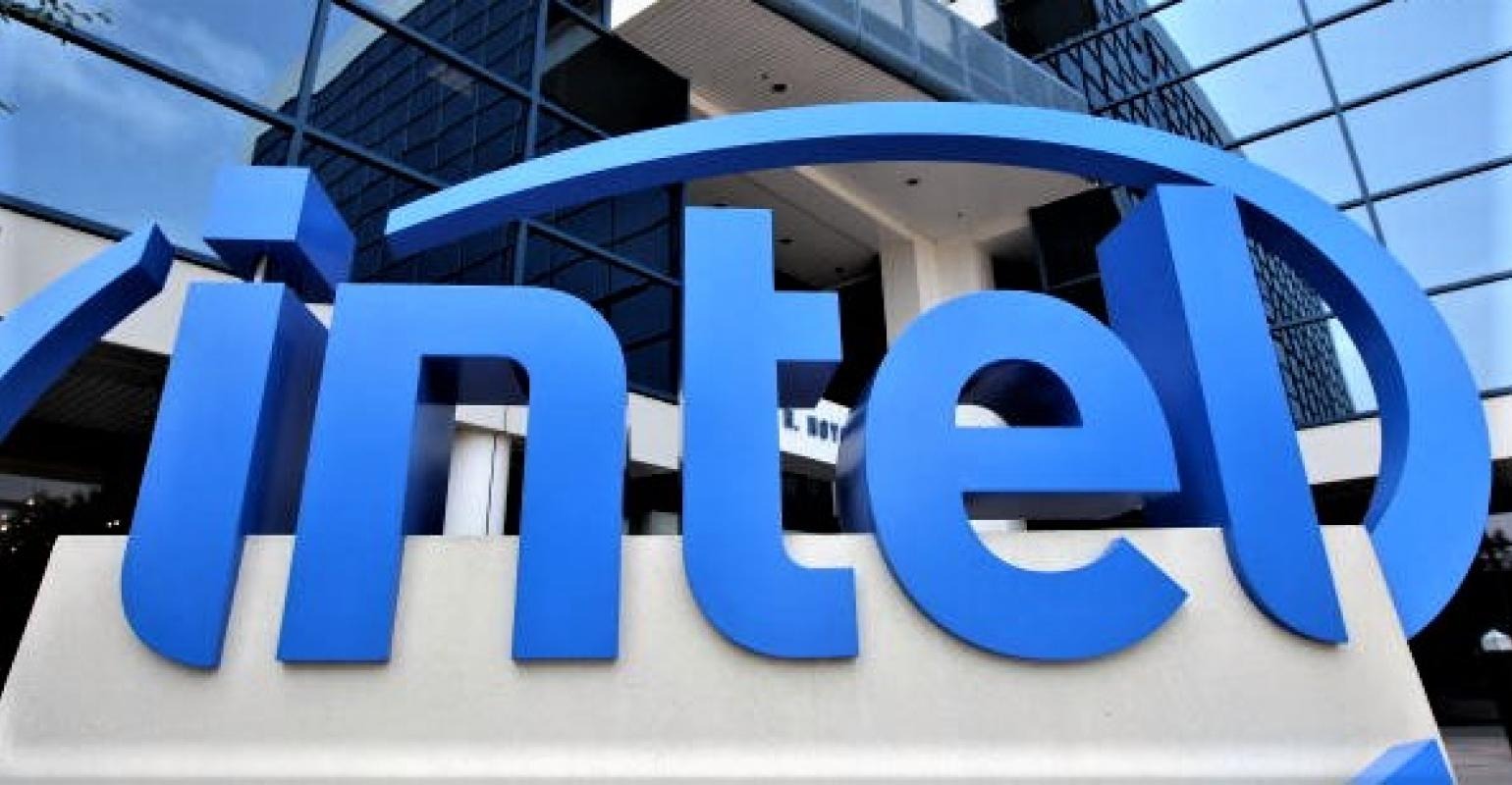The recent announcement from the White House regarding an agreement with the Department of Commerce to provide up to $8.5 billion to Intel to bolster U.S.-based chip production is a good development in the ongoing efforts to address critical supply chain challenges and geopolitical tensions.
This move underscores the broader implications of the CHIPS Act, which aims to revitalize domestic chip manufacturing amid global uncertainties.
The need for increased domestic chip production has become apparent due to several factors, including supply chain disruptions exacerbated by the early days of the pandemic and heightened geopolitical tensions, particularly between the U.S. and China.

Asia, particularly Taiwan, has long been a nice hub for semiconductor manufacturing, with companies like TSMC playing a pivotal role in global chip production.
However, regional disruptions underscored the vulnerabilities of relying heavily on foreign supply chains, prompting a push to restore manufacturing capabilities.
Intel, a key player in the semiconductor industry, has been proactive in its efforts to contribute to domestic manufacturing revitalization.
Even before the passage of the CHIPS Act, Intel announced plans to invest $10 billion in a manufacturing facility in Ohio, signaling a significant commitment to U.S.-based production.
The company’s plans extend beyond Ohio, with additional investments expected in states like Arizona, New Mexico, and Oregon. These efforts are projected to create tens of thousands of jobs, address key economic concerns, and demonstrate the potential for growth outside traditional tech hubs.
While the agreement with Intel represents a good step forward, some experts caution that more needs to be done to bridge the gap between U.S. chip manufacturing and global competitors like TSMC.
Despite the substantial investments and incentives provided by the government, challenges remain, including the time required for new manufacturing facilities to become operational.

Intel’s recent decision to delay the start date of its Ohio plant underscores some of these challenges, highlighting the complex nature of large-scale manufacturing projects.
However, the company’s ongoing investments and commitment to U.S.-based production reflect a broader trend toward reshoring critical industries and reducing reliance on foreign supply chains.
Secretary of Commerce Gina Raimondo emphasized the agreement’s importance with Intel, noting that it would incentivize over $100 billion in investments, create thousands of jobs, and foster innovation.
The move aligns with the government’s broader efforts to promote economic growth and technological advancement, positioning the U.S. as a leader in semiconductor manufacturing.
As the global semiconductor scene keeps evolving, efforts like the CHIPS Act and collaborations with industry leaders such as Intel will be instrumental in shaping the future of chip production, ensuring both national security and economic resilience.


